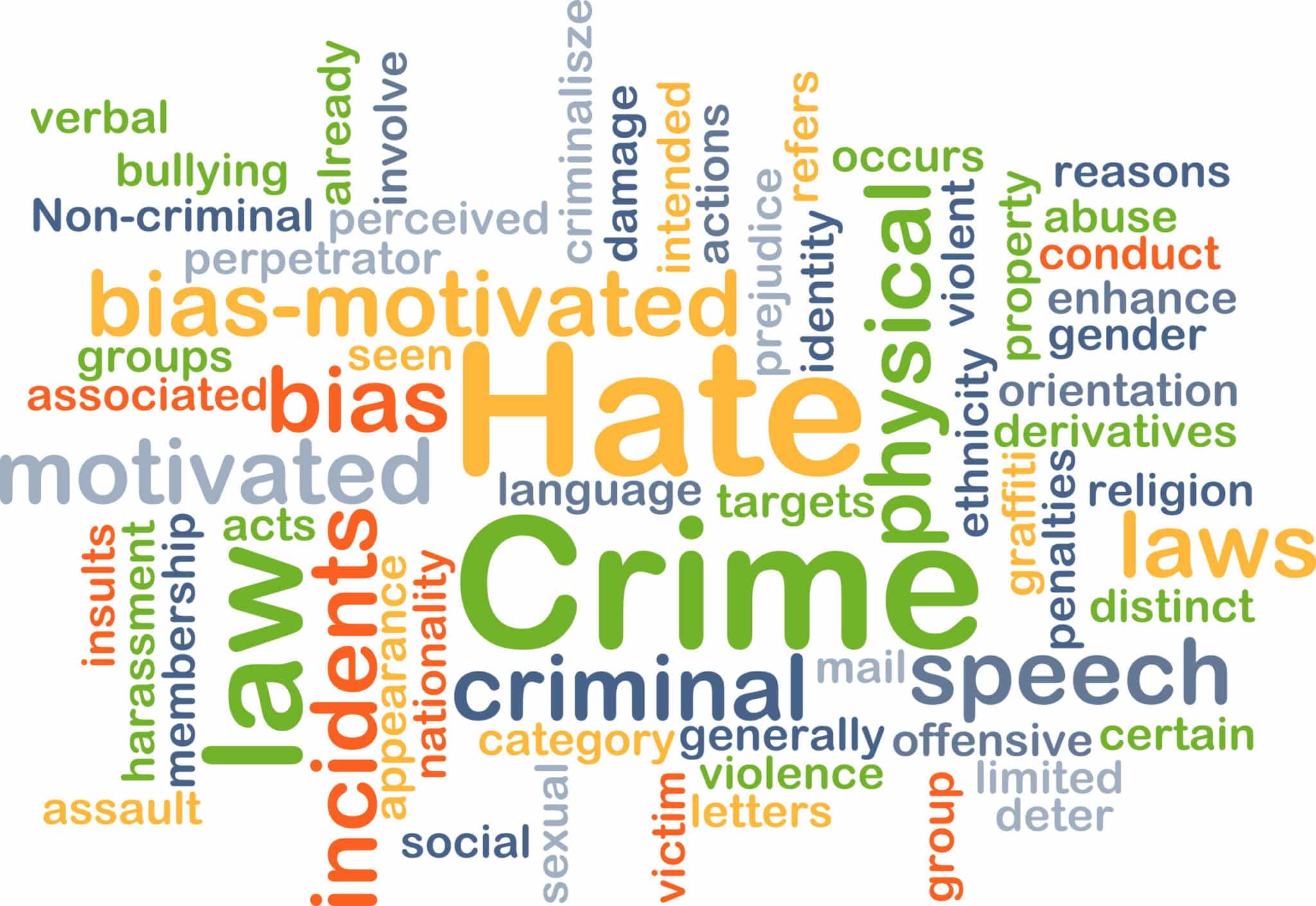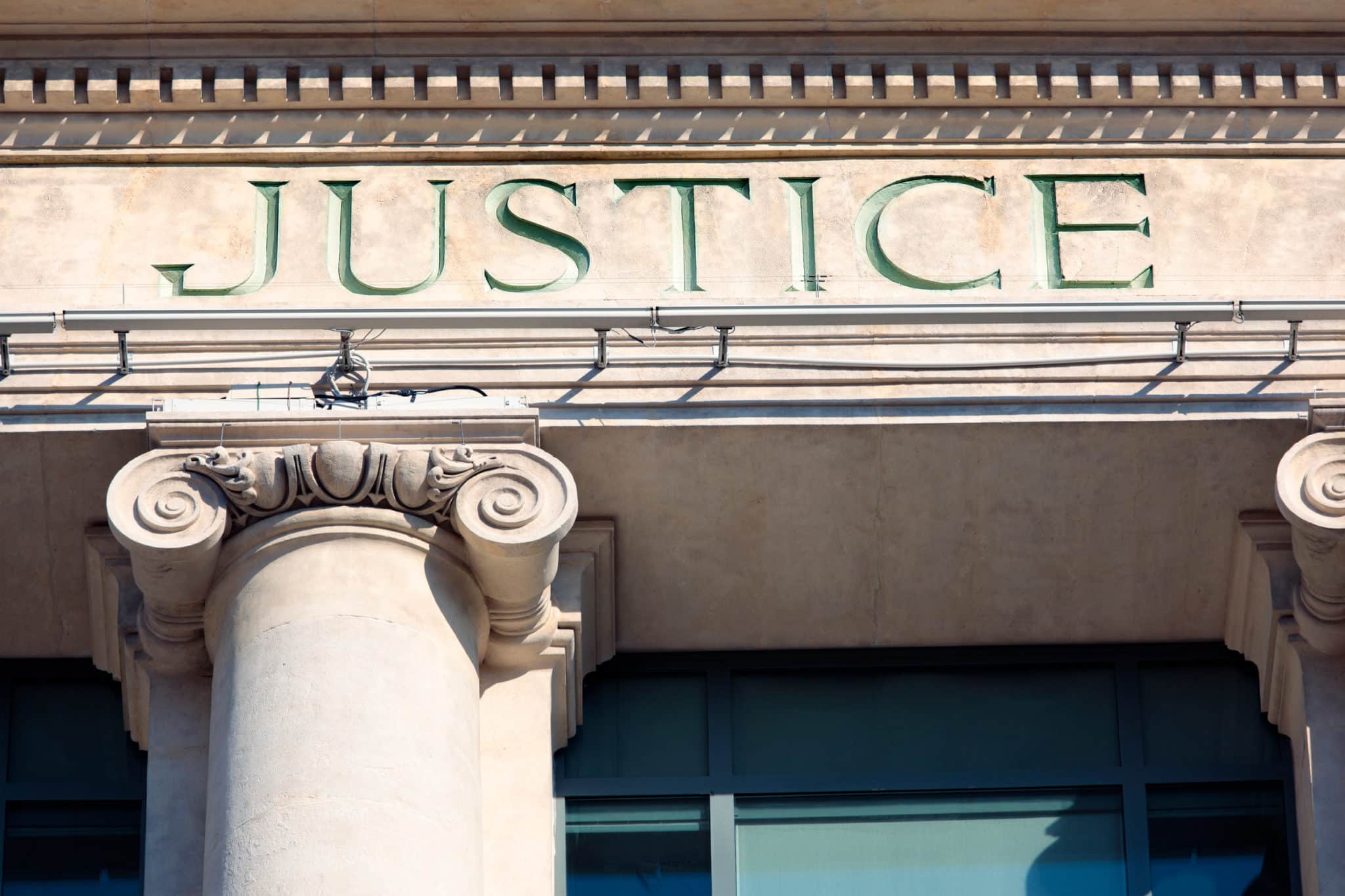Lynching has both a tragic and sordid place in American history. After a century of failed efforts, lynching is now considered a “hate crime” under federal law. Those failed efforts, and the fact that some would oppose lynching as a hate crime, underscores that America is still coming to grips, and will have to do so for some time, with racism—and all the hate-driven byproducts it produces—because it is so embedded in the American experience.
However, the focus should be on the fact that it is a part of the law at present, and many victims may now be able to seek the justice they deserve.
In March of 2022, President Joe Biden signed the Emmett Till Ant lynching Act. Those who are found guilty of it can face hate crime charges that lead to stiffer sentencing and more serious consequences.
Here’s what you need to know about hate crime laws in the United States, what lynching is, and how this new Act has changed the prosecution of those who commit or conspire to commit a hate crime.
Hate Crimes Laws: What Are They?
The federal government delineates laws that impose stricter penalties on those who commit crimes and choose victims based on:
- Race
- Gender
- Disability
- Religion
- Sexual orientation
- Gender identity
- Ethnicity
Basically, the offender chooses a victim or targets them based on one of these characteristics – and commit the crime against them because of it.
Laws addressing hate crimes work by making it a penalty enhancement for an underlying crime.
If someone is convicted of something like murder, and it can be shown that their victim was targeted due to race, then it’s a hate crime.
Why Do We Have Laws for Hate Crimes?
It’s not uncommon for an entire community of people to feel victimized when someone within that community is targeted for a crime because of their race, ethnicity or religionc. It leaves the community frightened, upset, isolated, and vulnerable – and perhaps feeling as if they simply aren’t protected by the law.
These types of crimes can escalate tensions and even violence between communities. It’s important for the law to step in and make people feel as if those crimes will not be tolerated against their communities. The hope is that the impact of terrible, bias-motivated hate crimes can be reduced.
Lynching: What Is It?
Lynching may conjure many images in your mind – but it is basically when a mob of people acts in a way that results in the death of another person outside of lawful judicial proceedings. It’s usually a crime rooted in racial bias, and it robs the victim of due process.
It was a tool used to threaten and intimidate black people in the United States, especially the Southern United States, in the wake of the Civil War – and it has been used since that time for pretty the same reasons.
Many victims of lynching crimes are people of color who were victimized specifically because of their ethnicity. Lynching has also been used as a way to intimidate communities of color from pursuing equal education, voting, and even exercising their rights to protest.
You may think that lynching is a thing of the past, but there are many recent examples.
In 2020, Ahmaud Arbery was killed in Georgia by three white men while out jogging. His murderers were convicted of hate crimes. A shooting in a church in South Carolina in 2015 killed nine black people. In Texas, James Byrd, Jr. was dragged behind a pickup truck by white men until he died. So, as you can see, there are contemporary examples of lynching that make this law important.
What Does The Anti-Lynching Law Do?
The Emmet Till Anti-Lynching Act is named for a 14-year-old body who, in 1955, was kidnapped, tortured, and ultimately murdered after being accused of offending a white woman. His killers never faced justice for the crimes – they were acquitted.
Today, this Act will work in accordance with other laws against hate crimes. Those convicted of lynching may be sentenced to as many as 30 years behind bars when they commit or conspire to commit a hate crime that results in serious bodily injury or death of another person.
Do Hate Crimes Punish Thoughts?
You may notice that conspiracy to commit is a part of the new law, and you may be wondering if that punishes people for just thinking something. The answer is no, hate crimes laws don’t punish people for things they believe or even say. It’s more about punishing people for criminal actions they take or conspire to take.
Acts of terror that impact people of color in the United States happen all the time. Thus, it’s important for legislation like this to hold those who commit these acts accountable – to discourage bias-motivated crimes from occurring, so everyone can feel safe.






